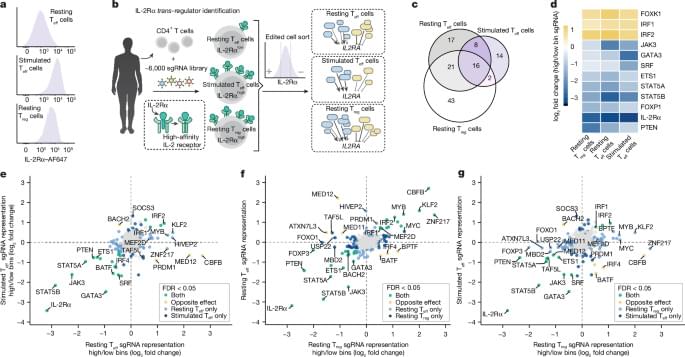Scientists have accidentally discovered a particle that has mass when it’s traveling in one direction, but no mass while traveling in a different direction. Known as semi-Dirac fermions, particles with this bizarre behavior were first predicted 16 years ago.
The discovery was made in a semi-metal material called ZrSiS, made up of zirconium, silicon and sulfur, while studying the properties of quasiparticles. These emerge from the collective behavior of many particles within a solid material.
“This was totally unexpected,” said Yinming Shao, lead author on the study. “We weren’t even looking for a semi-Dirac fermion when we started working with this material, but we were seeing signatures we didn’t understand – and it turns out we had made the first observation of these wild quasiparticles that sometimes move like they have mass and sometimes move like they have none.”








